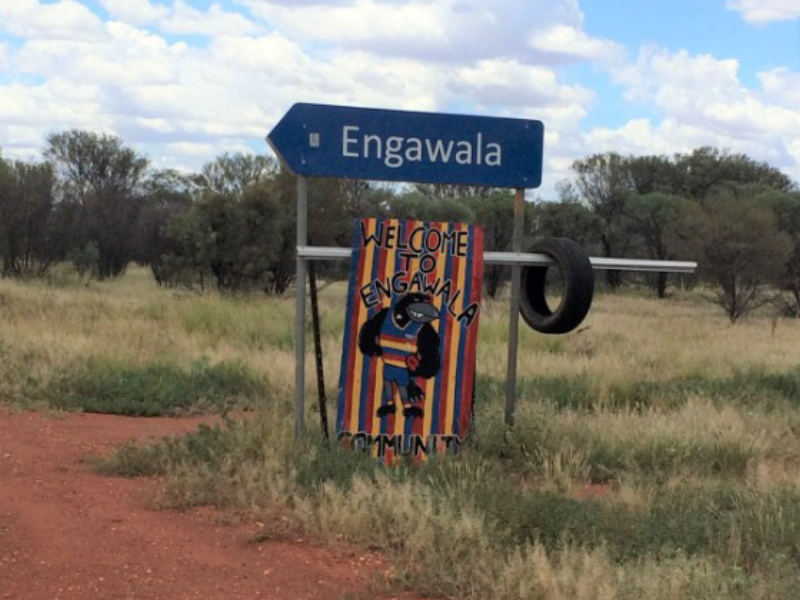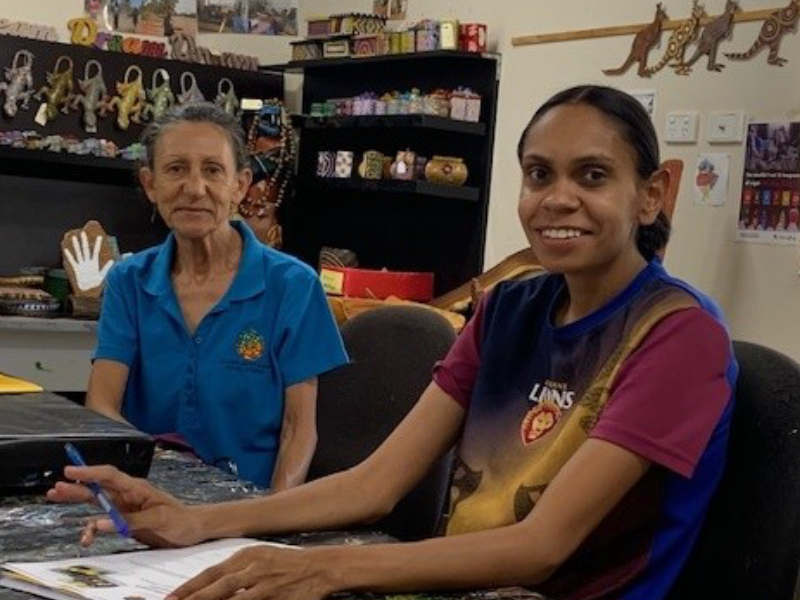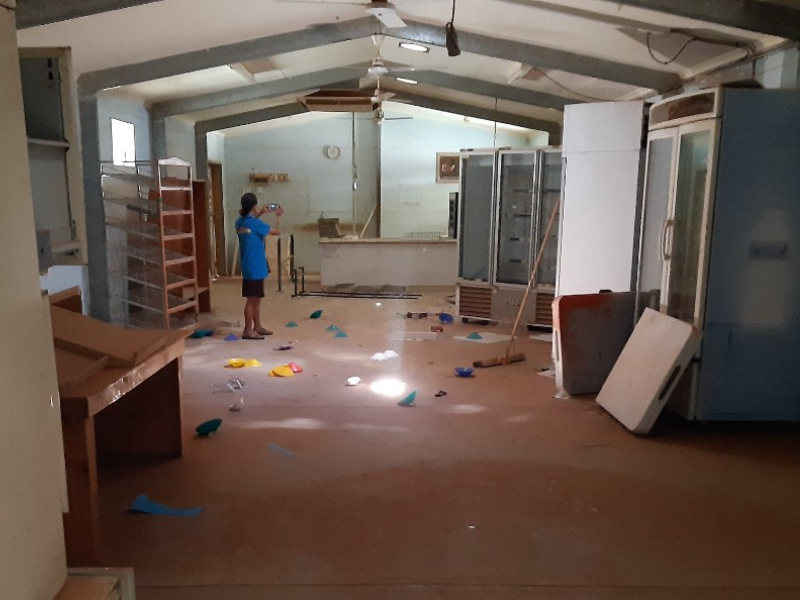Foundation for Rural & Regional Renewal (FRRR)
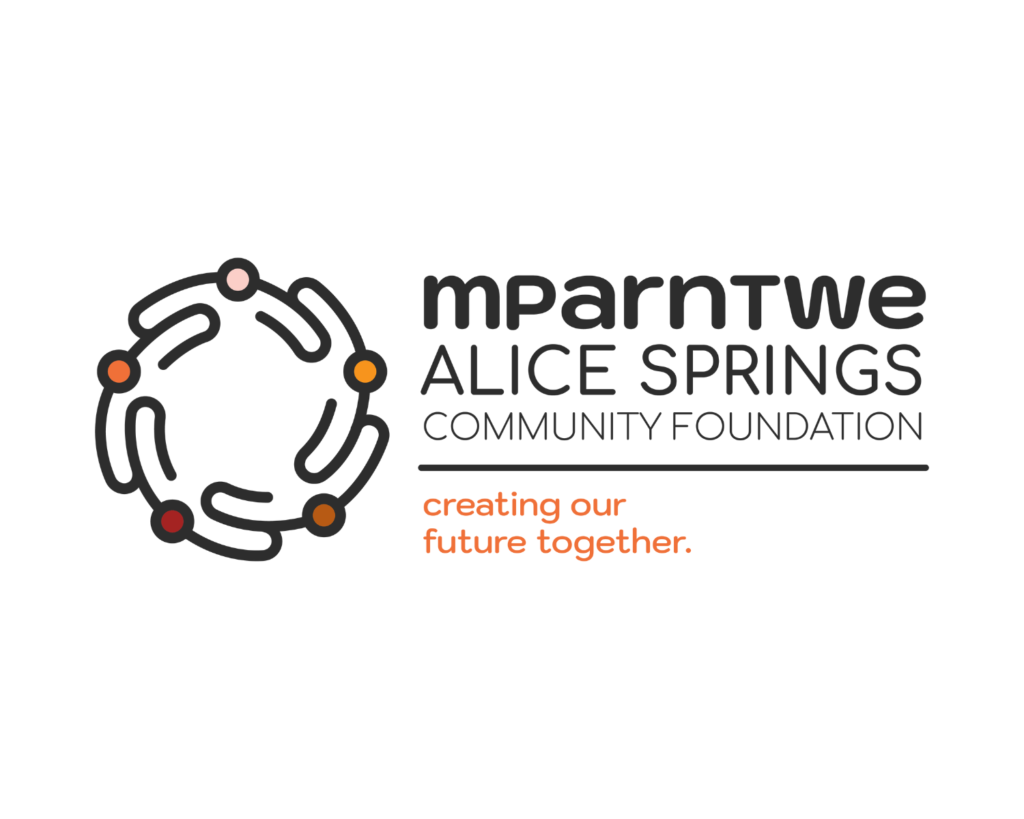
A new community foundation has been established in Alice Springs to build capabilities, connections and encourage positive community conversations and action. Mparntwe Alice Springs Community Foundation’s (MASCF) first project was to bring back a printed weekly newspaper.
Professor K. Hess, researches and writes about the importance of local newspapers in the regions.
“It is widely acknowledged that local news outlets perform vital functions in regional and rural communities, including informing, educating and entertaining a public that is often marginalised in favour of their big-city counterparts; providing a forum for public debate; creating a shared sense of community; and fulfilling a watchdog role by providing a check and balance on institutions such as local government, courts, churches, schools and police.”
Alice Springs hasn’t had a local newspaper since News Corp ceased printing the Alice Springs-based Centralian Advocate in 2020. Fully aware of the challenges facing newspapers that are struggling all around regional Australia, the Foundation invited established newspaper operator Today News Group to provide support to help ensure the long-term success of the publication. On 24 August – less than two months after the Foundation was formed – the first edition of The Centralian Today hit the stands!
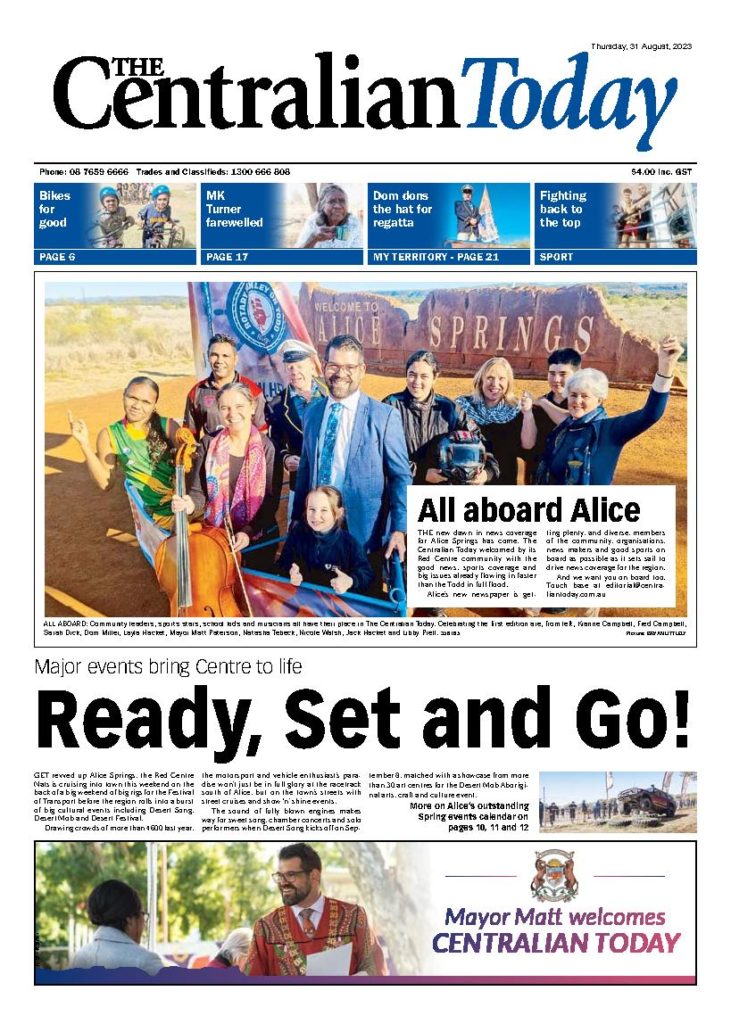
Libby Prell, Chair of the Foundation, said the community desperately needed a newspaper.
“Alice Springs is an incredible place but we have significant challenges that can erode our connectedness, community and sense of shared future.
“A trusted newspaper that reflects our whole community is essential for a stronger community”, she said. “Having a newspaper in town provides the platform for community engagement and shared effort to make our town the place we all want it to be,” said Ms Prell.
“It is early days for the Foundation, and there’s much to do to realise its potential to encourage and support positive change in Alice Springs”, said John Huigen, Executive Director of the Foundation, said. “The first major milestone is the newspaper’s first edition, but people will hear a lot more about the Foundation as we move forward.”
If you’d like to support their work, Mparntwe Alice Springs Community Foundation holds a Community Foundation Account with FRRR to help them fundraise.
Community Foundations are place-based organisations that are deeply connected to their communities and offer excellent opportunity to invest in activities prioritised by their people in rural and regional areas. The community foundation sector continues to grow across the country now with around 40 Foundations bringing focus and support for local issues, challenges and opportunities.
Engawala, also known as Intiarntwa, is a remote community 200 kms northeast of Alice Springs. It has a women’s centre, childcare facility, school, remote health clinic, Council office and recreation hall with a youth program servicing the 150 people that live there. Excitingly, it will soon also be home to the Engawala Art Centre.
The Engawala Art Centre Aboriginal Corporation (EACAC) formed in 2019 and is overseen by a committee of five. Twelve local artists have been making the 400 km round trip to Alice Springs to sell artworks, with the cost of travel a drain on their income. There was agreement that it would be ideal if they had their own Art Centre where they could paint and have a gallery to sell to the public.
Long-term impacts
The benefits of a strong arts and crafts sector are far-reaching. Establishing and building the capacity of Indigenous art centres goes a long way to sustaining remote communities. They play an indispensable role – as a place of cultural leadership, language and identity, community engagement and are often also a provider of essential social and wellbeing services. They are a link to the mainstream art market and, when operating effectively, these enterprises can be a key source of income, training and employment.
Recognising this, the EACAC developed plans for a dedicated Art Centre in the community and set about making it a reality. In 2021, they applied to FRRR’s Strengthening Rural Communities program (Small & Vital stream) for a grant to cover administrative costs during the start-up phase. This would cover subscriptions to the Stories, Art, Money (SAM) software program; membership of Desart, the peak Arts body for Central Australian Aboriginal Arts and Crafts centres; telecommunications equipment; promotional signage; and art materials.
With strong letters of support and partnerships in place, the application was successful, and the group was awarded $8,595, thanks to the Yulgilbar Foundation.
Getting it right with upskilling and the tools for the job
The EACAC maintains that the most valuable outcome has been the employment and training of an arts worker. Once a week, an experienced volunteer has visited the Engawala Community to do training, with other training completed remotely, via the new phone. This meant the project could continue in between visits. The Centre’s arts worker now has all the basic skills for running an office and working with the SAM database, even attending an advanced course in using SAM at Desart in Alice Springs.
“While we have secured funding from the Commonwealth Department of the Arts to continue her employment, we would not have got to this stage without support from FRRR. Their grant to our Art Centre is allowing us to go from strength to strength.
“The equipment purchased through the grant has also made a critical difference. We cannot operate the Centre without the phone, and the iPad and scanner have made the recording of artworks for upload to SAM possible. Previously this was done using a borrowed mobile phone, which was very time consuming and unsatisfactory.”
Building for the future
While the renovation of the old shop for the new Centre was heavily delayed, the group sees the silver lining – they had had extra time to prepare to hit the ground running.
The EACAC is now actively promoting of the Centre which was opened by the NT Minister for the Arts in August this year., The Centre has worked with nearby Gemtree Tourist Park to provide short tours to see the artwork billboards on the Plenty Highway followed by a visit to the Art Centre. The billboards, some depicting work by Engawala artists, are part of the Outback Way Outdoor Gallery project which was also supported by FRRR.
The Art Centre project has also helped to open up new markets, bringing with it more resources to continue to grow the Centre. The artists sold an impressive $13,000 worth of Engawala artists’ paintings in one day at the Desert Mob Marketplace in Alice Springs, assisting them with paying for items they could not secure funding for such as electricity and insurances.
“While not our biggest financial partner (the bulk of our fundraising was for the renovations), FRRR’s contribution towards our project was critical at an important development phase. Many projects fail at this juncture between getting the ideas and finding substantial financial support. In a commercial sense, the funding was critical in terms of kick starting the project.
David (Taffy) Denmark, volunteer Business Advisor
“We appreciate the flexibility FRRR has shown – something not evident in some government funding programs. This is one of the major strengths of the philanthropic movement.”
A huge congratulations to the committee and all those involved in the project to date. By deciding to professionalise the management of the Arts Centre, this group is building a place for employment, training, business opportunities, tourist-based income, cultural maintenance, pride, “a laugh and a cuppa”, and thus strengthening the Engawala community for the future.

